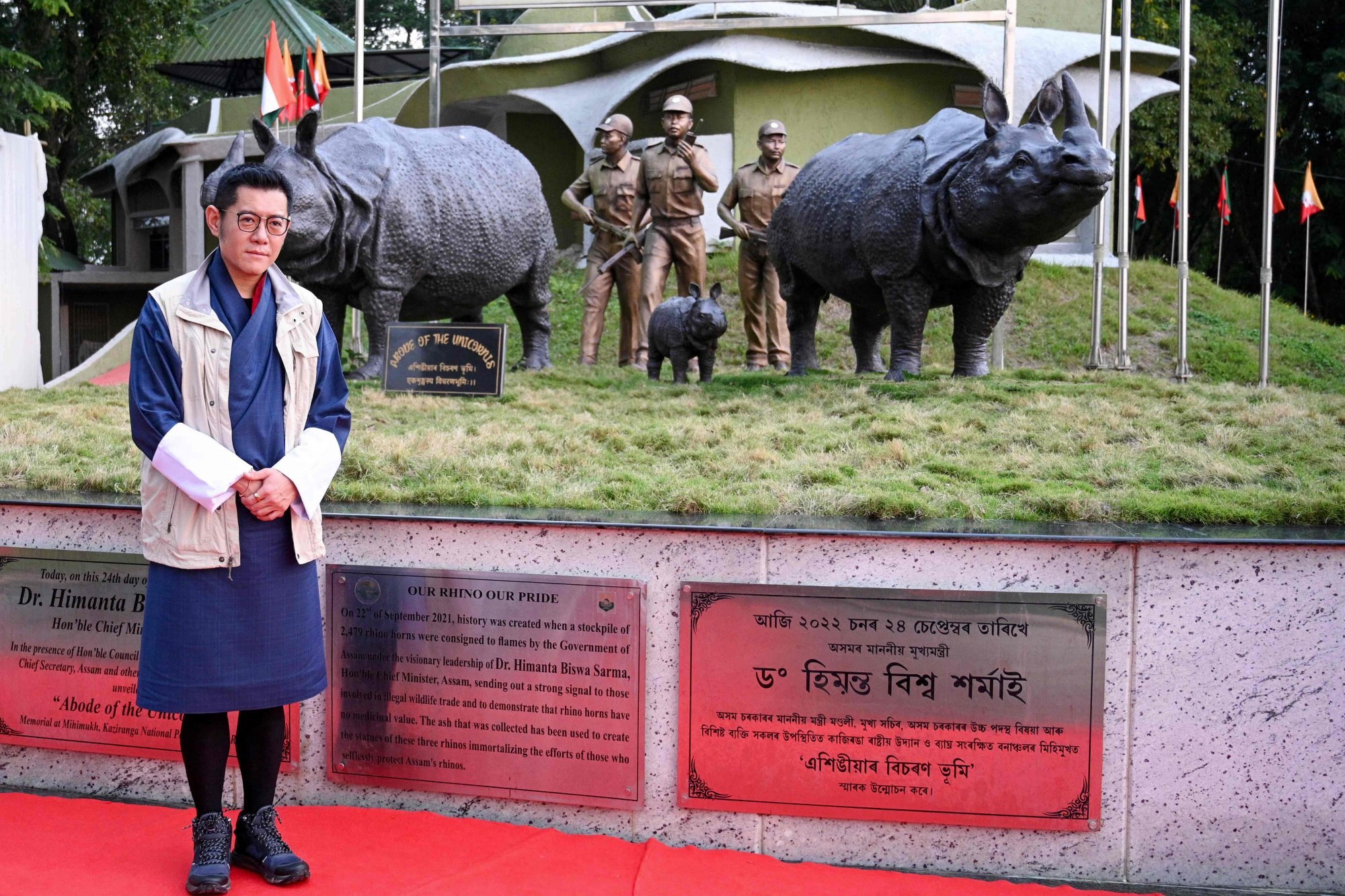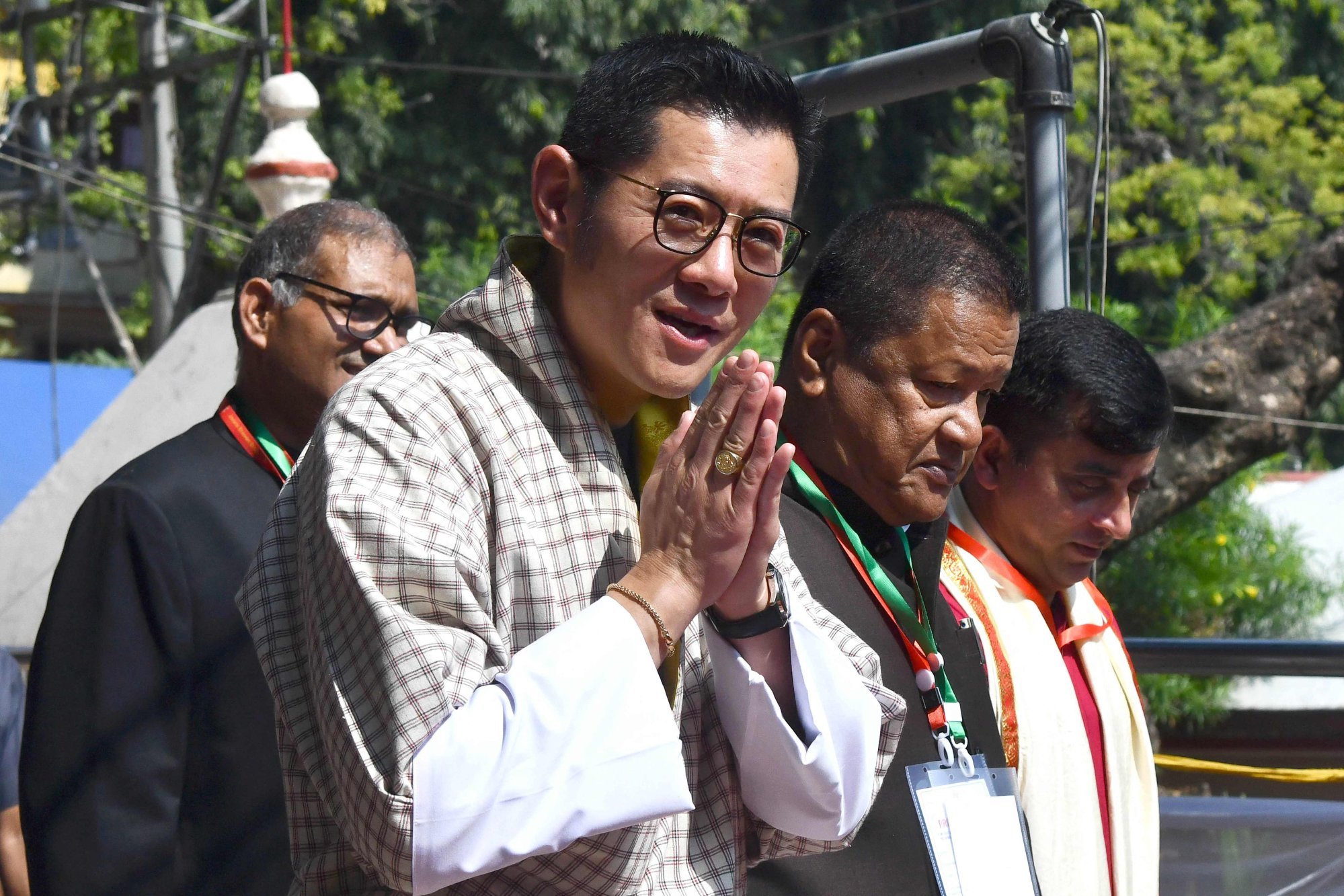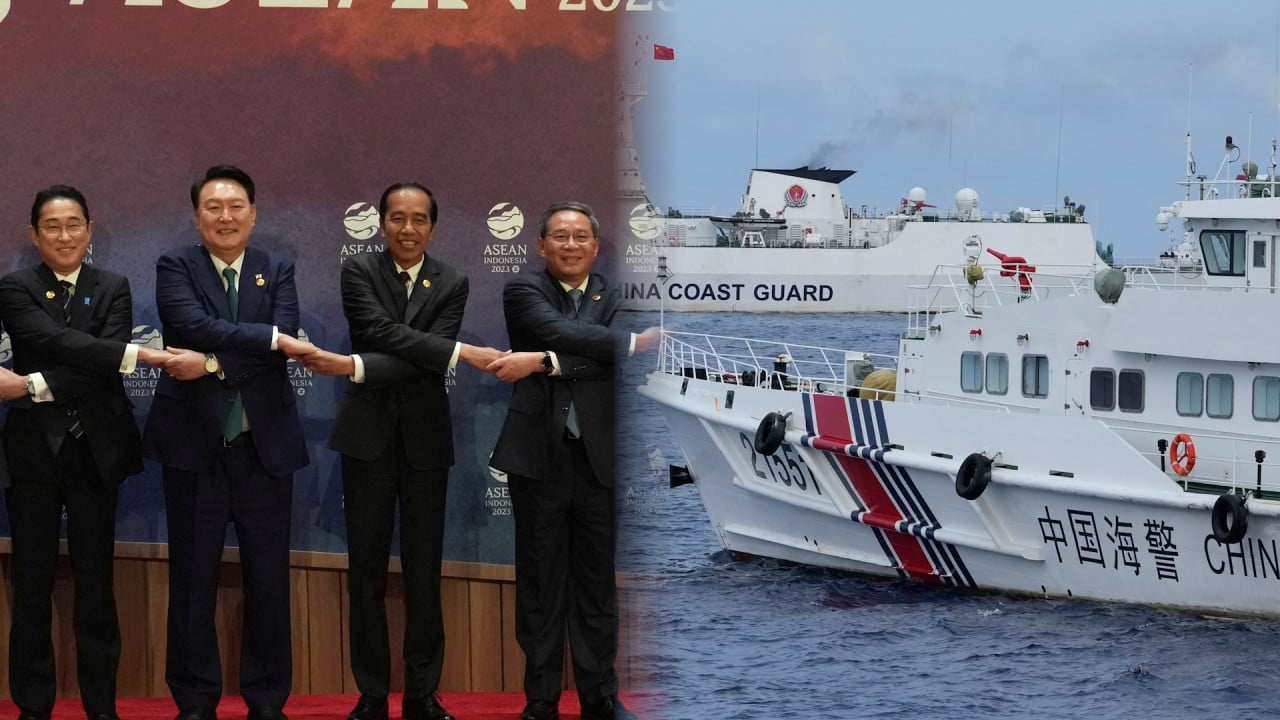Bhutanese Foreign Minister Tandi Dorji’s statement last month that the nation was seeking to quickly settle a decades-long border dispute with China, and establish diplomatic relations with Beijing, had sounded alarm bells in Delhi as the Himalayan nation is a close ally.
“The indications are that they [Bhutan and China] are close to a border agreement. The [Bhutanese] king is visiting to soothe New Delhi’s concerns,” said Manoj Joshi, distinguished fellow at the Observer Research Foundation.

“I have a feeling that Doklam will not come into the picture,” Joshi said.
Indian and Chinese troops were locked in a stand-off over the strategic region in 2017, where the borders of the two countries and Bhutan meet. Special representatives from each country had then agreed that all the three nations would be involved in talks over the area.
However, that was not a formal agreement, Joshi said. As long as the Doklam area was left out of the China-Bhutan border talks, India was likely to have no problems, he added.
“The Tri-Junction agreement, as and when arrived at, will have to involve all the three nations, and it is important that Bhutan shares and accommodates India’s concerns in the Doklam region over access to the Chicken’s Neck corridor,” said C. Uday Bhaskar, director of the independent think tank Society for Policy Studies based in Delhi.
Delhi needed to remain invested in bilateral ties with Bhutan and assuage any concerns that Thimphu might have, Bhaskar said, adding that India should look to build people-to-people relations, and provide environmentally-sustainable aid as well as digital technology.
‘Difficult to agree’: China-India border row spills over into water resources
‘Difficult to agree’: China-India border row spills over into water resources
Special relationship
Ties between the two countries have historically been strong, and India has been trying to take care of Bhutan’s security interests. It has wielded influence over Bhutan, whose trade largely relies on road networks that open out through India to the rest of the world.
For much of its history, Bhutan has maintained few bilateral ties except with India. It signed a treaty in 1910 to become a protectorate of British India, allowing the British to guide its foreign affairs and defence, and was among the first few nations to recognise India’s independence in 1947. In 1949, Bhutan and India signed a Treaty of Friendship, and in 2007 renegotiated the treaty to replace the provision that required it to take India’s guidance on foreign policy with broader sovereignty.
In the last two to three decades, particularly, the Himalayan nation has been trying to dispel the image that it is a protectorate of India. While Indian troops have been stationed in the nation for years as a training team for Bhutanese forces, there is no defence agreement between the two nations, Joshi said.

Bhutanese Foreign Minister Dorji, who was in Beijing last month, had said the kingdom wanted to establish diplomatic relations with China.
“Over the last few decades, Bhutan has been one country which has related to India in a very special way. Some of the bonds might be getting weaker and all those factors are putting pressure on the Bhutanese approach to India and China,” said Harsh Pant, a professor of international relations at King’s College London.
Bhutan has for decades had a troubled relationship with China over boundary issues and at various times published maps claiming sections, leading to territorial disputes.
Pant suggested India could be worried Beijing might indicate to Thimphu it was interested in resolving border disputes on condition both sides established diplomatic ties. “China has an incentive to wean Bhutan away from India, [and] for many in India, that would be a matter of concern.”
China-India ‘disconnect’ could fuel ‘summer of discontent’ along disputed border
China-India ‘disconnect’ could fuel ‘summer of discontent’ along disputed border
Earlier this week, Modi said in a comment posted on social media platform X about Bhutanese King Wangchuk’s visit that the two held “very warm and positive discussions on various facets of the unique and exemplary India-Bhutan relationship”.
The outcome of the talks between the two sides will be known only on Friday when the Bhutanese king concludes his visit.
Rather than trying to push Bhutan, India was likely to rely on its geographical proximity as well as maintain cordial relations, as the Himalayan kingdom would on its own realise that its ties with India were in the best interests of its own security, Joshi said.


